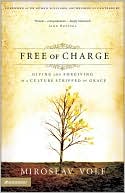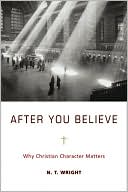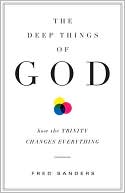"Better is the end of a thing than its beginning, and the patient in spirit is better than the proud in spirit. Be not quick in your spirit to become angry, for anger lodges in the bosom of fools. Say not, “Why were the former days better than these?” For it is not from wisdom that you ask this." (Ecclesiastes 7:8-10, ESV)
Excitement runs high when we begin things, but there is something far greater than beginning things - finishing them. The end is better than the beginning. To begin something is very easy. To see it through takes work, determination, perseverance, and maturity. Most of us begin many things and finish very few. You don’t have to do a lot of things to make a huge impact on this world. You just have to chose to begin great things and see them through. But seeing a project through requires a great amount of patience. Our impatience tells us that since things are not moving along as we had hoped that the project is futile. “Just quit,” cries our impatience. And most of us listen.
There is a root cause to this impatience, for the opposite of patience, says the Preacher, is pride (“the patient in spirit is better than the proud in spirit”). It is our arrogant claim that all should work according to our plan that drives us to pout and quit. “How dare the world not work as I wanted it! How dare there be problems! When I do something the universe should cooperate.” We don’t say things like this, just things very similar like, “I thought it would be easier,” or “Why does everything seem to go wrong?” We are so arrogant that we are shocked by difficulty.
But there is more, for this arrogance that we call impatience has two further effects. It breeds anger and whining. Though there is such a thing as just anger (like anger over the Holocaust) most of our anger does not fall into this category. Most of it is the result of pride and impatience. A project, a relationship, our career slips out of our control, and we erupt. In fact, there are few things that inflame the proud more than loosing control. One form of our anger is complaining, like the Preacher’s question, “Why were the former days better than these?” Wisdom does not ask that question, he says. Foolish pride does. Thus, complaining is the language of the angry, proud, and foolish.









No comments:
Post a Comment